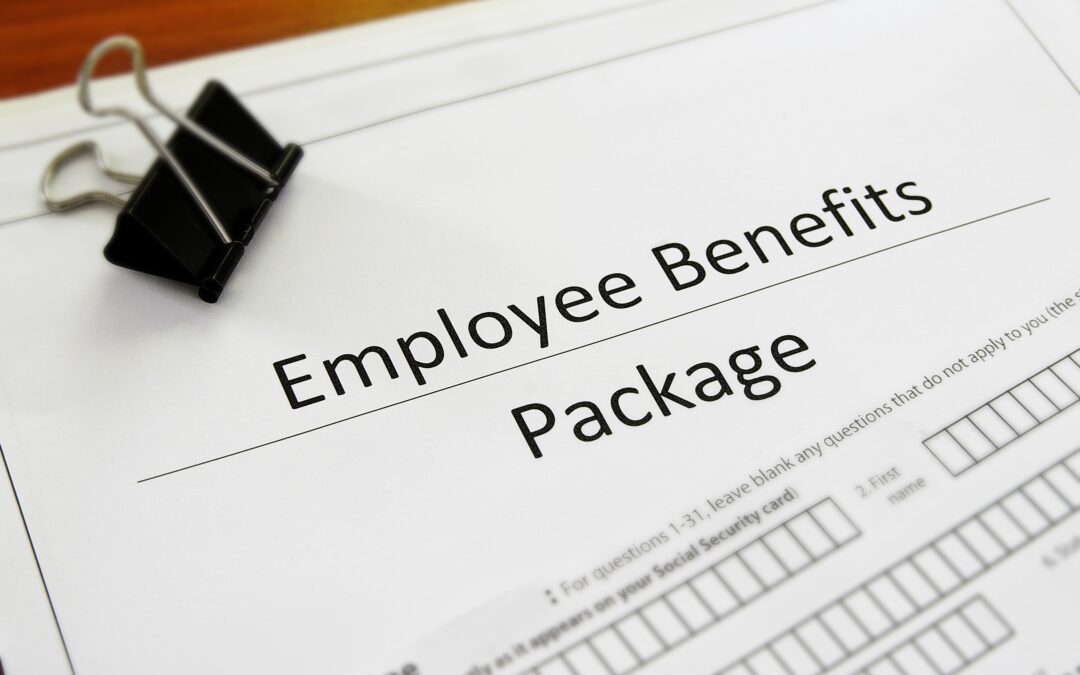
Anthem, Cigna Merger, Health Care Costs, and New Financial Stress Numbers
In this week’s Best Money Moves roundup, we take a look at news stories and new research studies that may impact employee benefits and HR issues. We hope you find this news roundup helpful, and we’d love your feedback.
Is the pending merger of two major healthcare insurance providers a win for employers and consumers or a breach of federal antitrust laws? The antitrust trial for Anthem’s $45 million merger (or takeover, as some have positioned it) with Cigna began on Monday in U.S. District Court for the District of Columbia, with a lawyer for Anthem arguing that the merger will help insurers lower costs for consumers. The Department of Justice, on the other hand is arguing that the merger will create an insurance behemoth that would create those savings by forcing doctors and hospitals to work for less. The two-phase trial could last for several weeks.
Do your coworkers look listless at their desks? Are they spending more time on their phones than on the job? Research shows young women are more likely than other groups to feel bored at work. Here’s how employees can re-engage with their jobs.
How many Americans struggle with financial stress? Most of them, as it turns out. And recent studies show that financial stress doesn’t stay contained to your finances.
Once companies find great employees, they want to hang onto them for as long as possible. However, that can be difficult to do if those employees clash with their managers. Watch out for these six management behaviors that could send your best people running.
Employers who offer tuition reimbursement or educational assistance report higher retention, employee satisfaction and ability to attract top talent. Read how seven big-name companies have implemented this popular employee benefit for their workforces.
What does the future hold for the HR industry? We may not have a crystal ball to tell us for sure, but we can make some educated guesses. Four industry experts share the trends and changes in store for H.R.
Thinking about retirement savings can be stressful for everyone, but some may feel the stress more than others. A recent study found millennial women report greater stress and uncertainty related to saving enough for retirement.
Are Uber drivers employees or independent contractors? The ridesharing company is working to finalize a settlement with drivers suing it over allegations it didn’t offer the same benefits and protections of other employees, including minimum wage and overtime.
Government jobs once came with the promise of a great pension and health care plan in retirement. Now, cash-strapped cities and other government agencies find themselves able to pay for only a fraction of their promised retirement benefits. Most cities have set aside less than 2 percent of their future healthcare liabilities.
A growing number of companies are using HR analytics to boost their retention and recruiting efforts. This data helps them figure out why employees quit, why they stay and which benefits they use the most. How can you incorporate analytics into your HR programs?
Are you struggling to boost employee participation in your company’s retirement plans? When companies put the responsibility on employees to set up their accounts, it may never get done. That’s why some suggest making retirement enrollment automatic and mandatory. The Department of Labor (DOL) offers a free online brochure on automatic enrollment 401k plans for small businesses that might interest you.
Did you find this Best Money Moves roundup useful? Please let us know. Email us at info@bestmoneymoves.com.
It’s hard to stay on top of everything in the news. That’s why each week our Best Money Moves newsroom will bring you the most important news in financial wellness, employee benefits and financial stress. We hope you like the information and, if you do, please spread the word. For midweek developments, follow us on Twitter and on Facebook.




